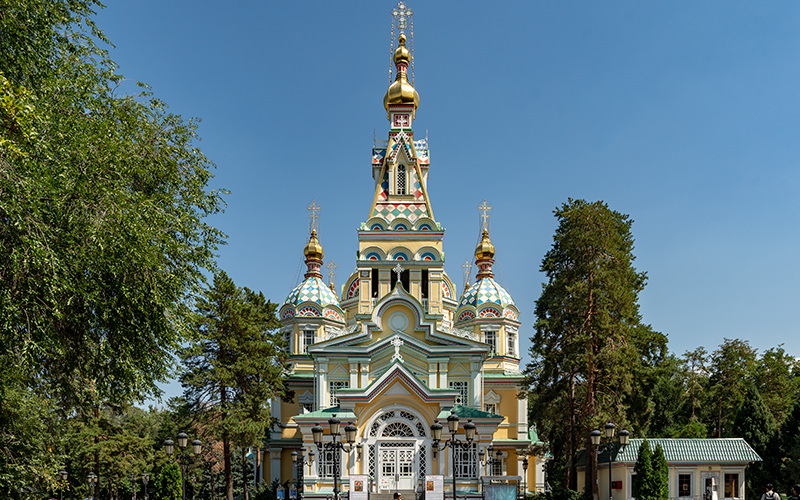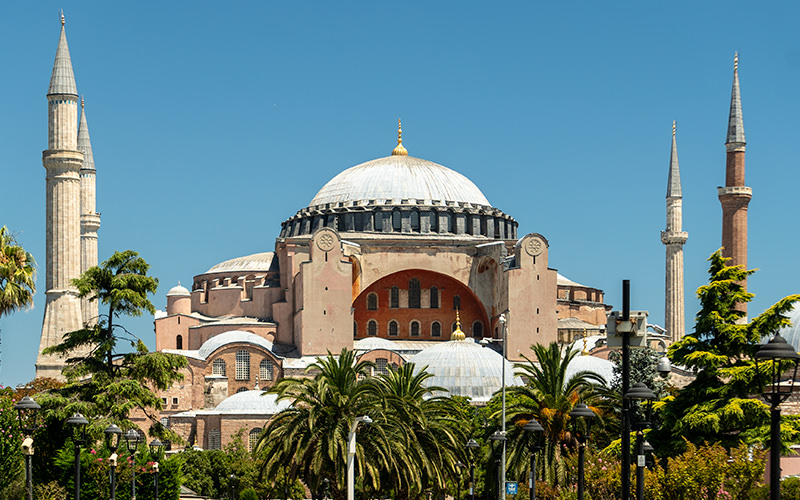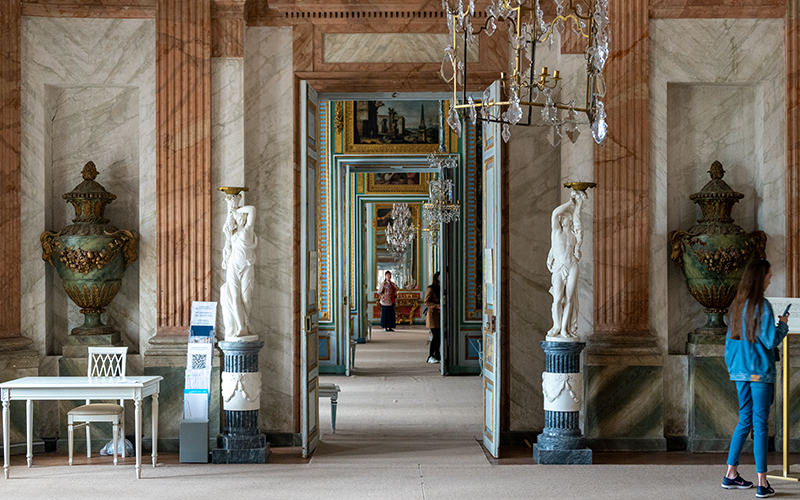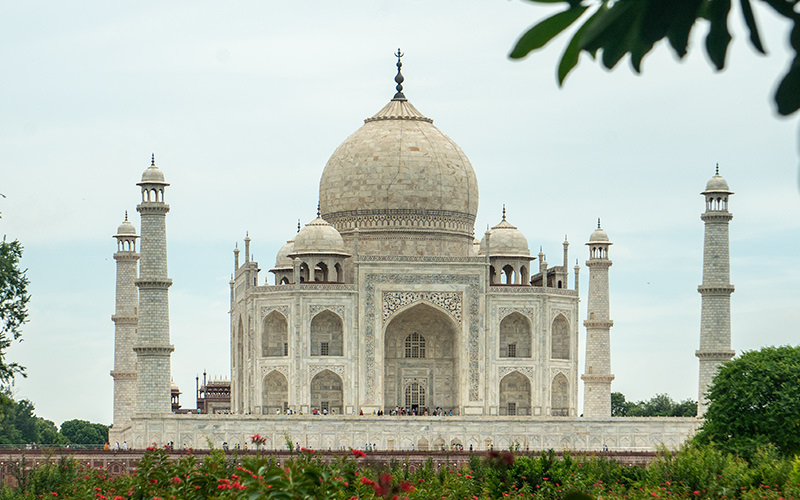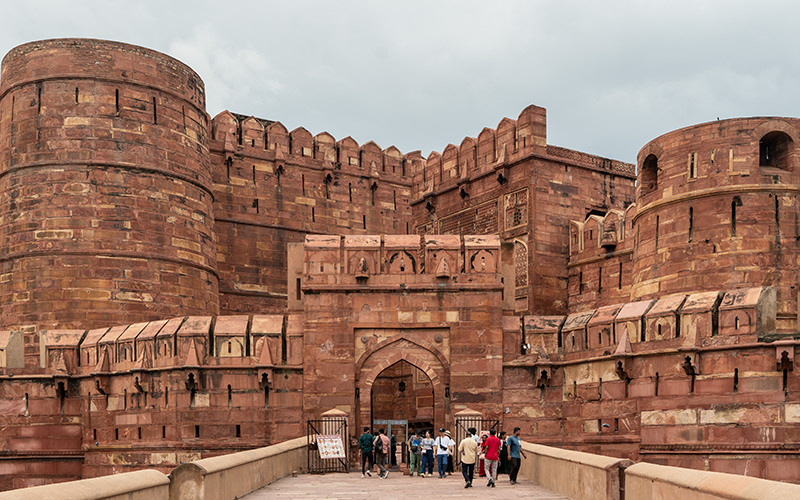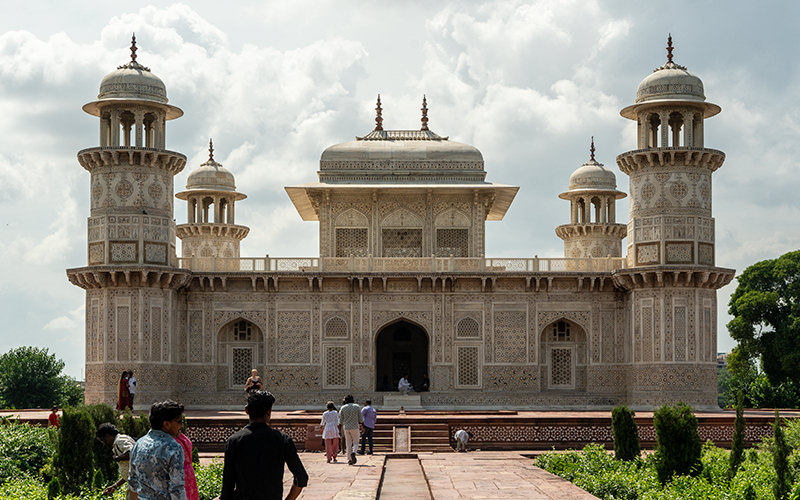I continue my series of stories about my journey through India’s Golden Triangle. After exploring the interesting places of Delhi and Jaipur, I was about to visit Agra. The city’s most famous structure is the majestic Taj Mahal. I was eager to see this landmark just as much as the Egyptian pyramids or the ruins of ancient Troy.
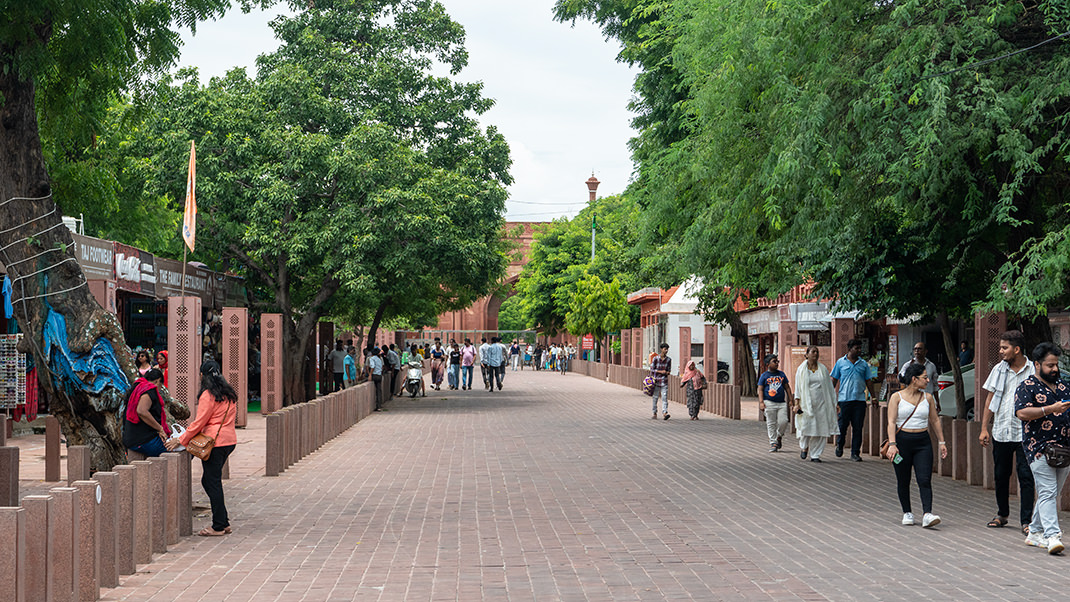
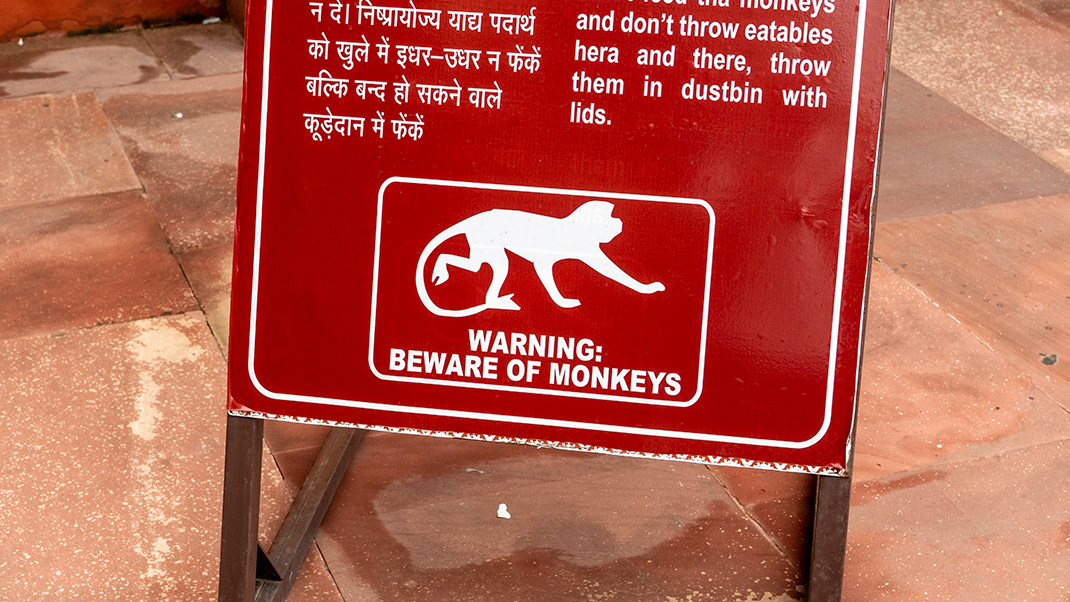
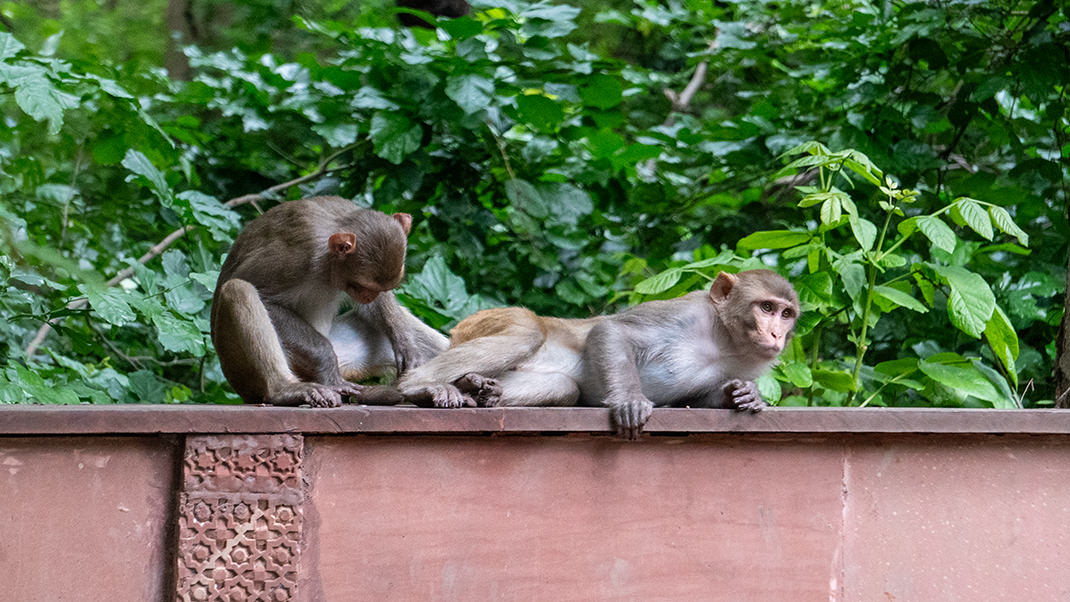
Taj Mahal: The Construction History
Although the monumental Taj Mahal building looks quite grand, its construction was prompted by a sad story. The complex was the burial place of Mumtaz Mahal, the wife of Emperor Shah Jahan. The woman passed away during the birth of their 14th child.
Initially, Mumtaz Mahal was buried in one of the emperor’s country residences. Six months later, her tomb was moved to Agra, where it was placed by the banks of the Yamuna River. Another six months later, Shah Jahan decided to build a mausoleum.
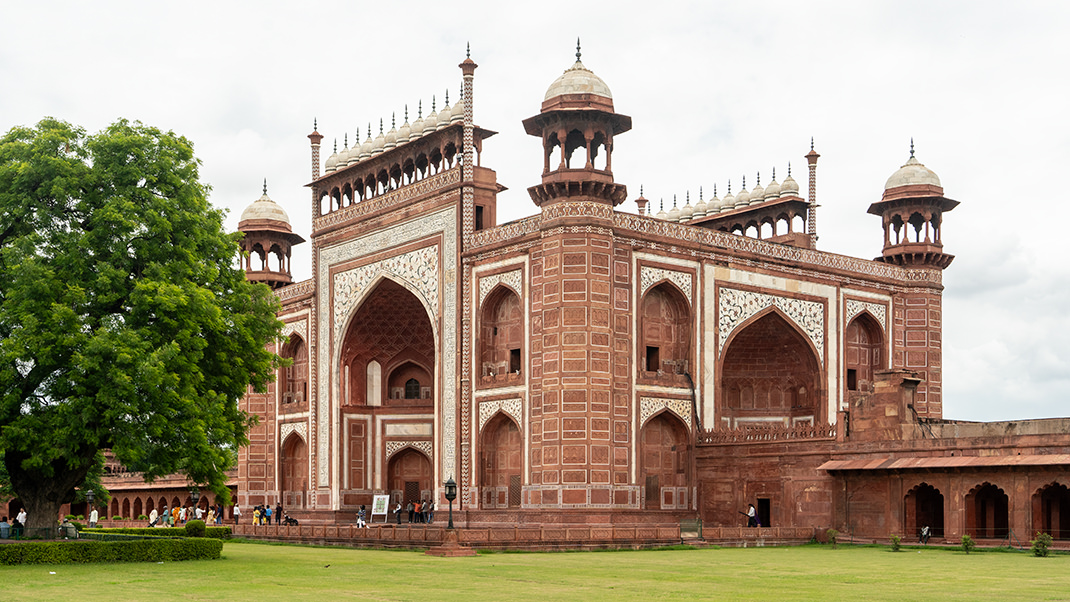
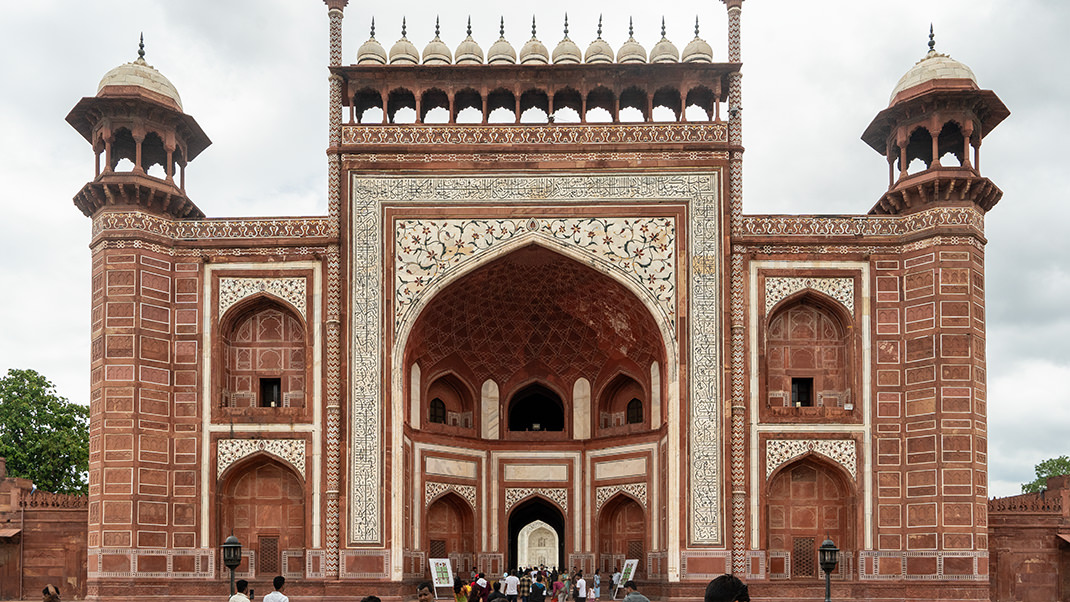
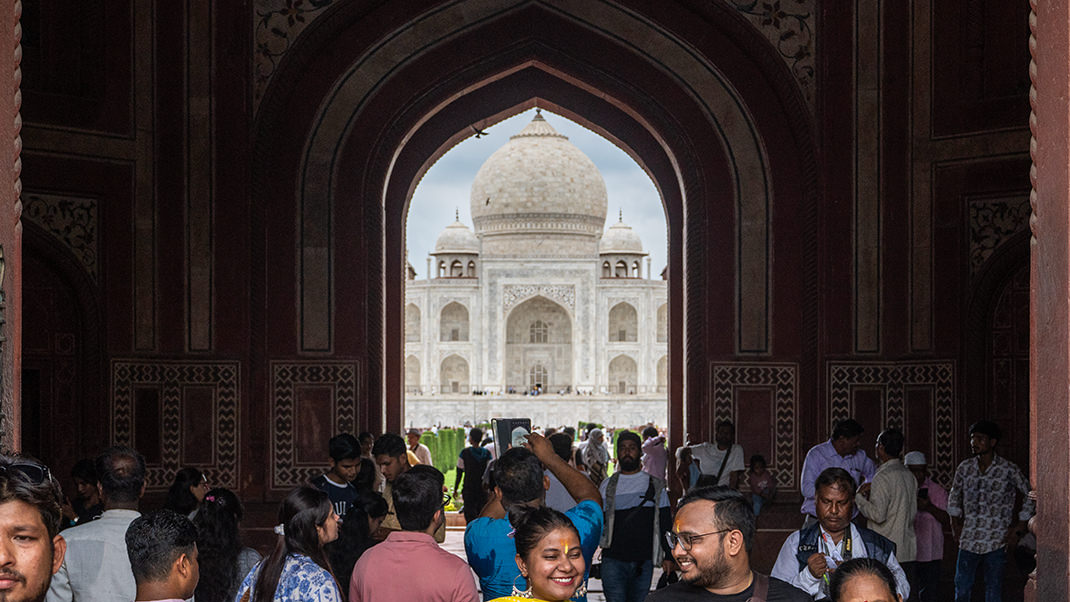
The construction of the Taj Mahal began in 1632. The work, which involved around 20,000 people from different countries, took more than 20 years.
Shah Jahan was the emperor of the Mughal Empire, and Agra is considered the unofficial capital of this dynasty, housing many monuments from that time. Along with the Taj Mahal, another unusual complex was supposed to be built here: according to legend, Shah Jahan planned to construct a second mausoleum made of black marble on the opposite bank of the river. This new building would have been connected to the Taj Mahal by a bridge. Whether this is true or not, we don't know. In the end, the black marble mausoleum was never built, and Shah Jahan himself was later buried next to his wife.
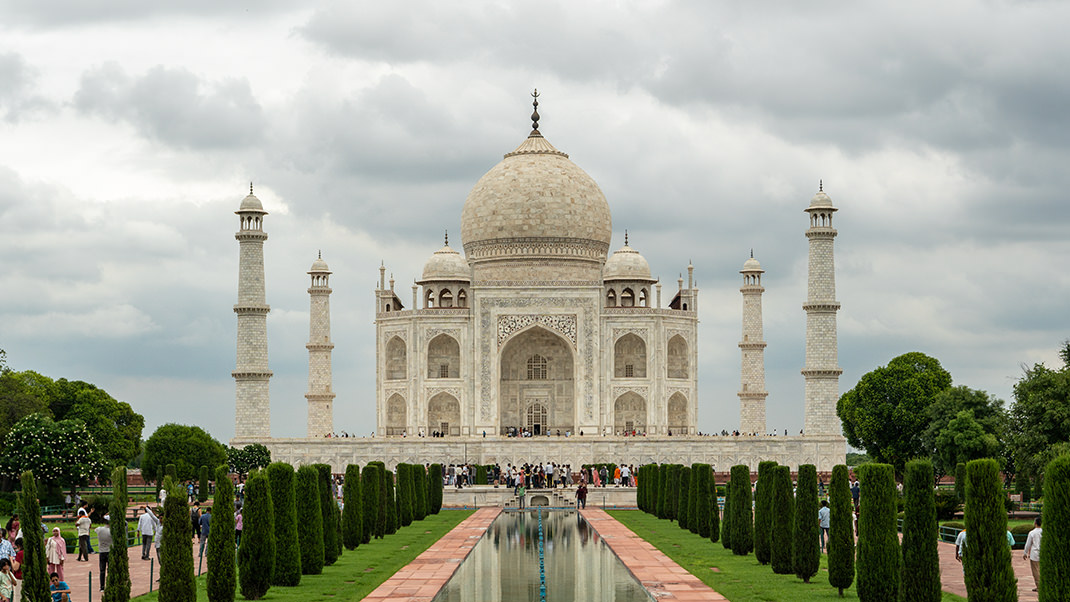
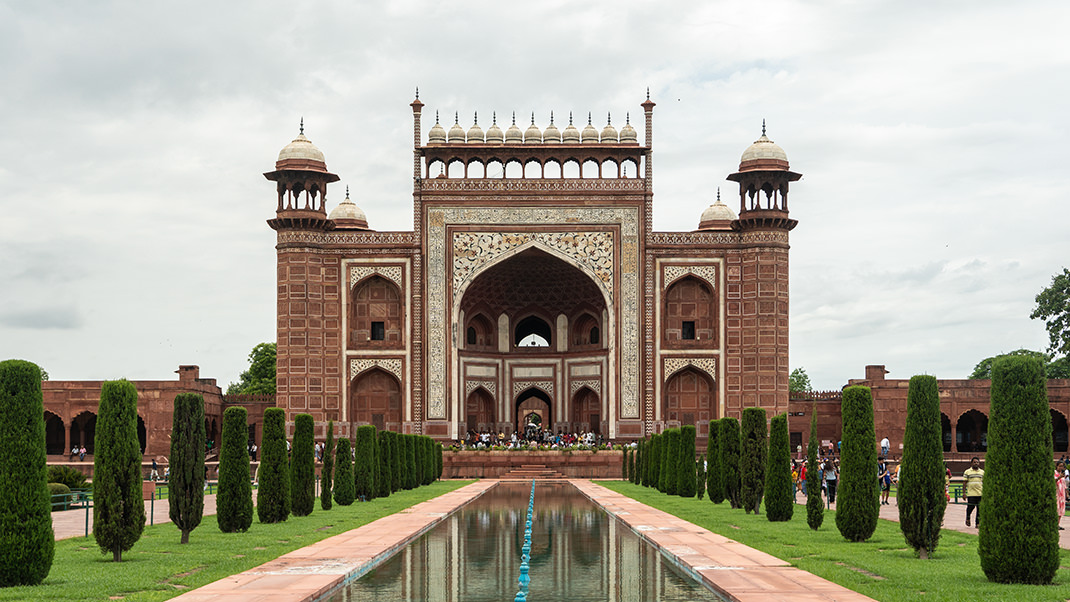
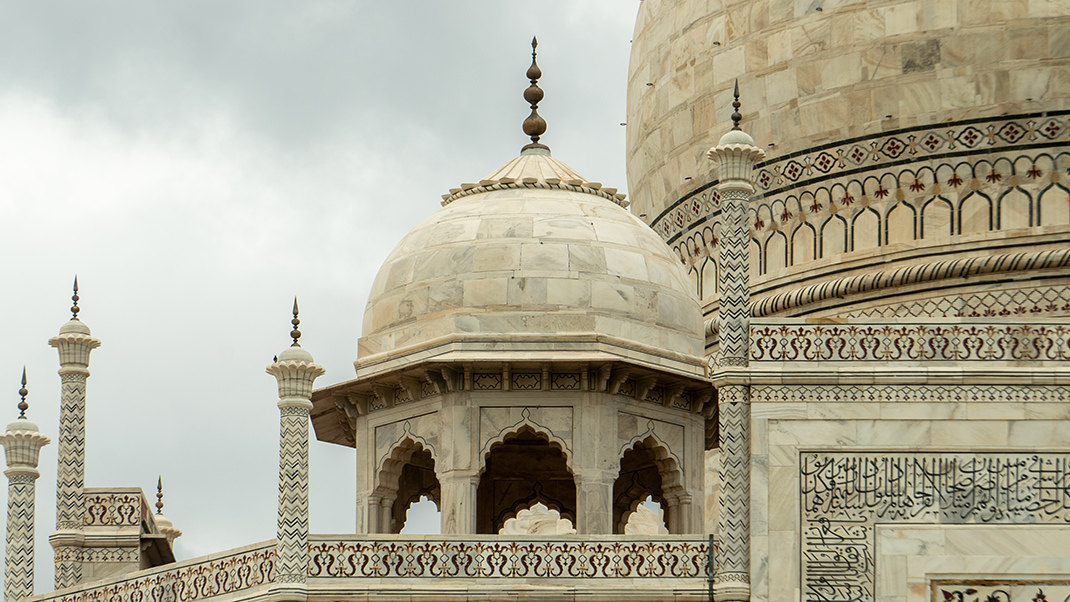
The Taj Mahal complex consists of a walled area with several buildings. In addition to the main mausoleum, there is a mosque, buildings with other tombs, and service structures. The central part of the complex features a garden with a canal.
I must admit that despite my high expectations, I wasn't greatly impressed by the complex. Perhaps my lukewarm attitude toward this most popular landmark was influenced by the fact that recently I had seen many examples of architecture from Samarkand and Tashkent, which is quite similar to the Taj Mahal’s architecture. Agra was also the third Indian city on my itinerary, and I suppose my eyes were just tired of seeing similar buildings, so I would recommend visiting here earlier in your trip to India.
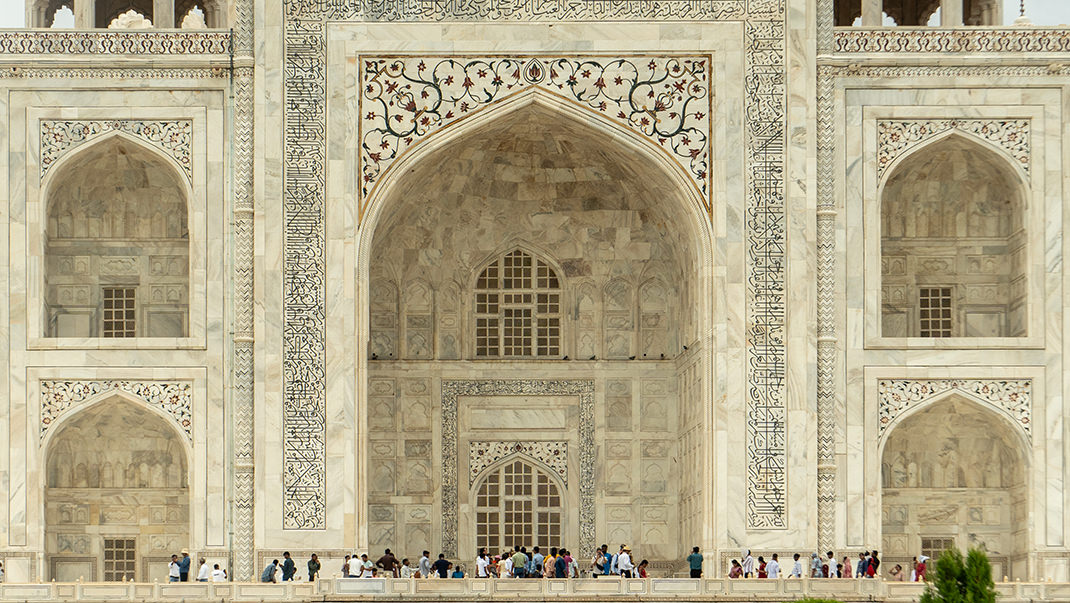
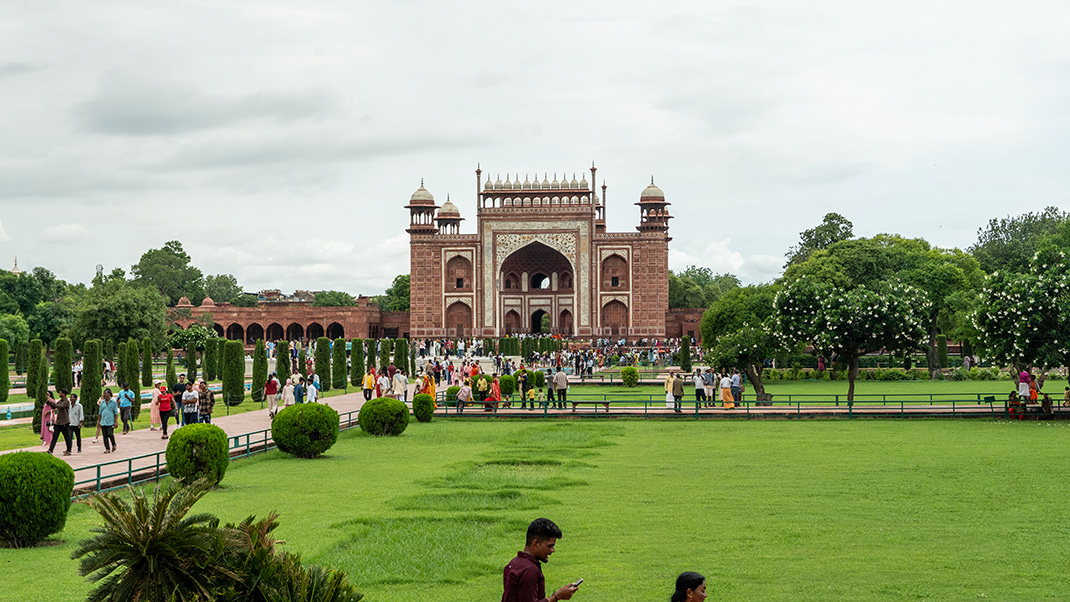
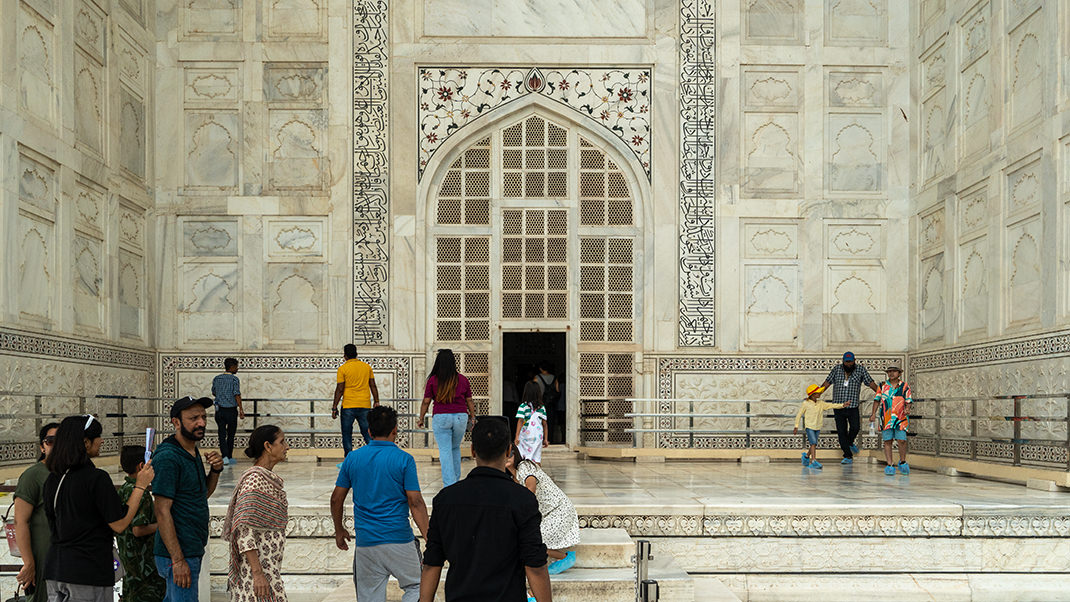
Taj Mahal: How to Get There
I took a taxi to the Taj Mahal from the east side of the city. The last part of the journey had to be done on foot, as the car was not allowed any further. Agra has a metro, and you can reach the complex by it. The nearest station, "Taj Mahal," is about a 15-minute walk away.
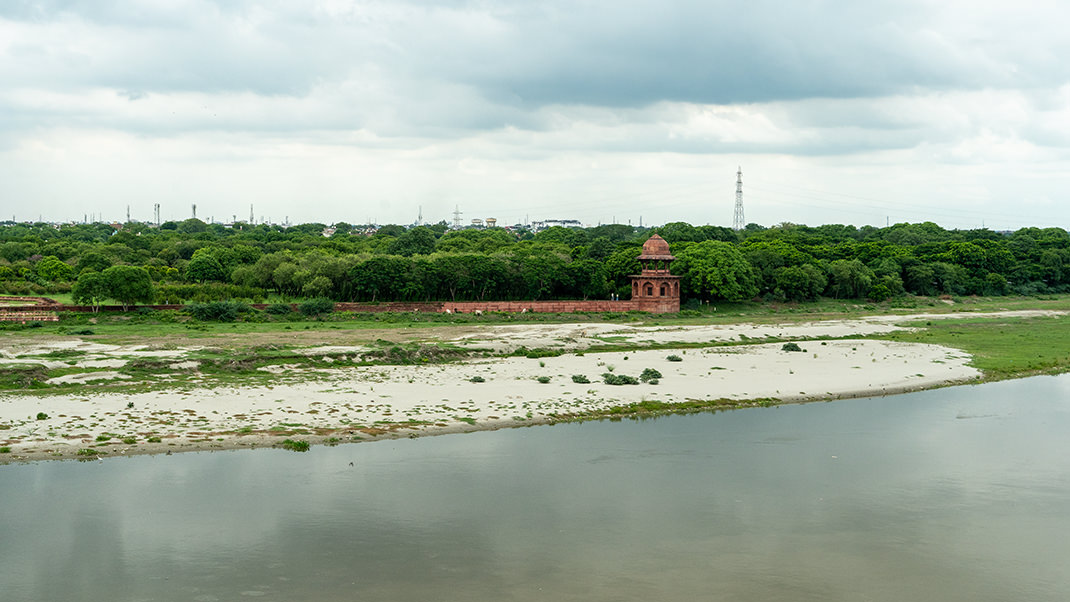
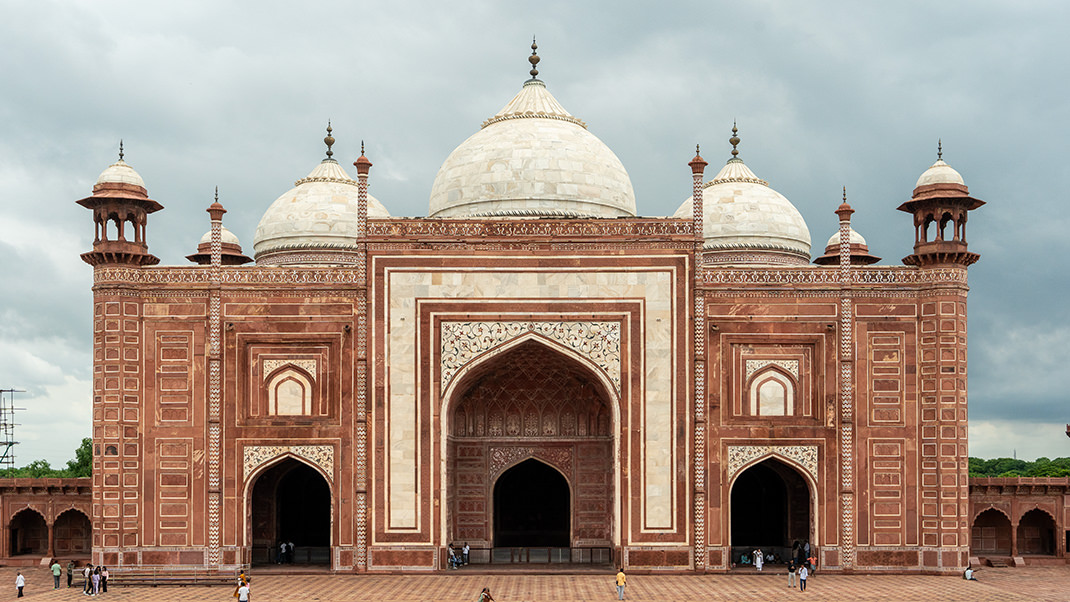
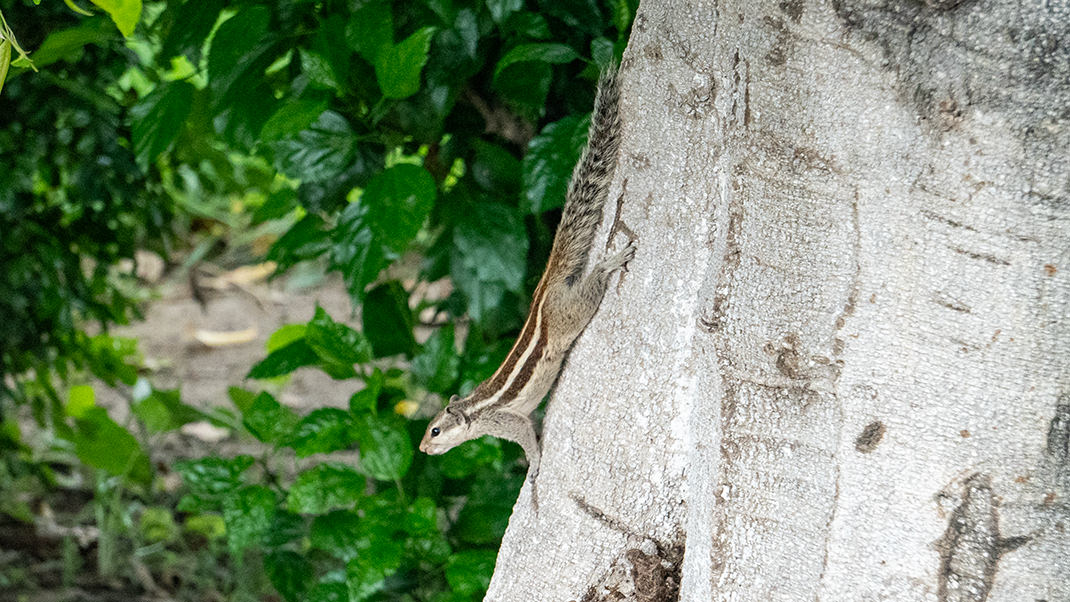
There are two options for visiting the Taj Mahal: one ticket includes only the walk around the complex, and the other allows you to enter the mausoleum itself. The entrance fee for the first option is 1,050 rupees, and for the second, you’ll need to pay an additional 200 rupees (as of December 2024). I bought my tickets on the Ministry of Culture of India’s website. I assume that the price might differ at the on-site ticket offices.
There are offers on the internet to visit the Taj Mahal at night. Tickets for this start selling seven days before the full moon.
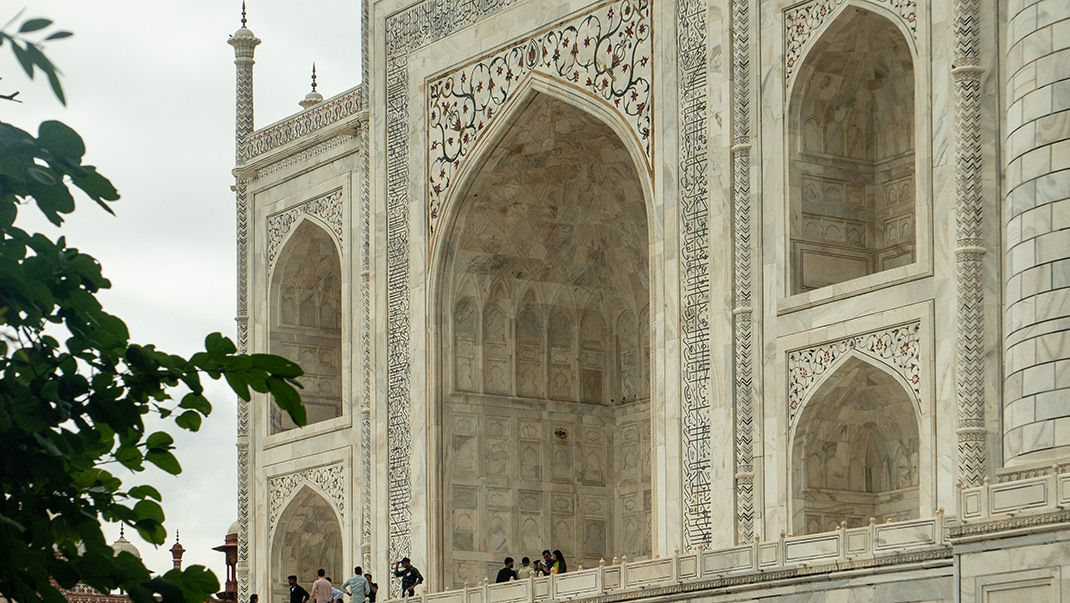
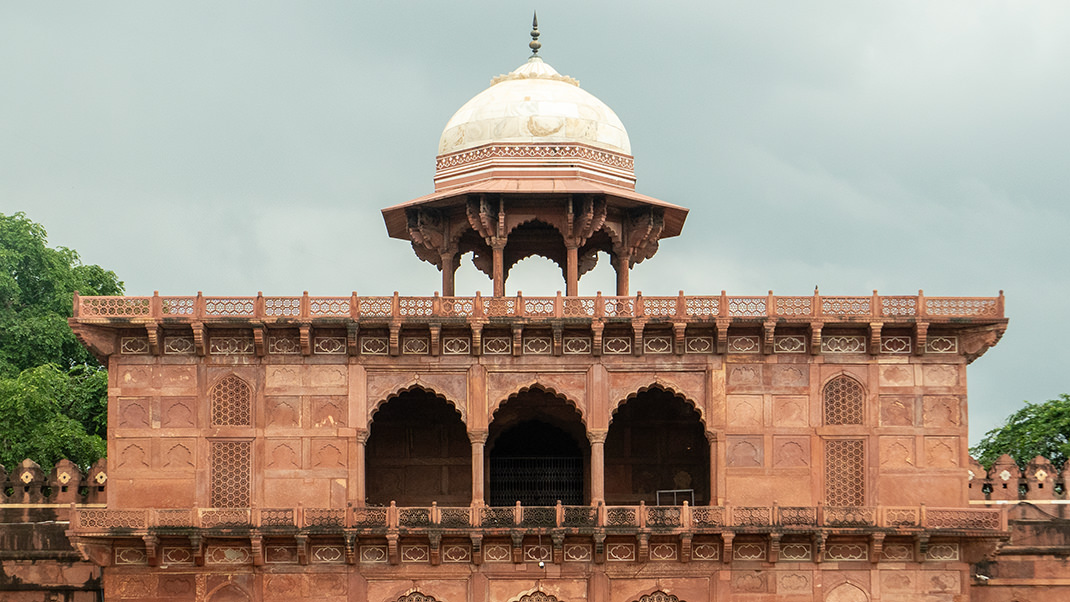
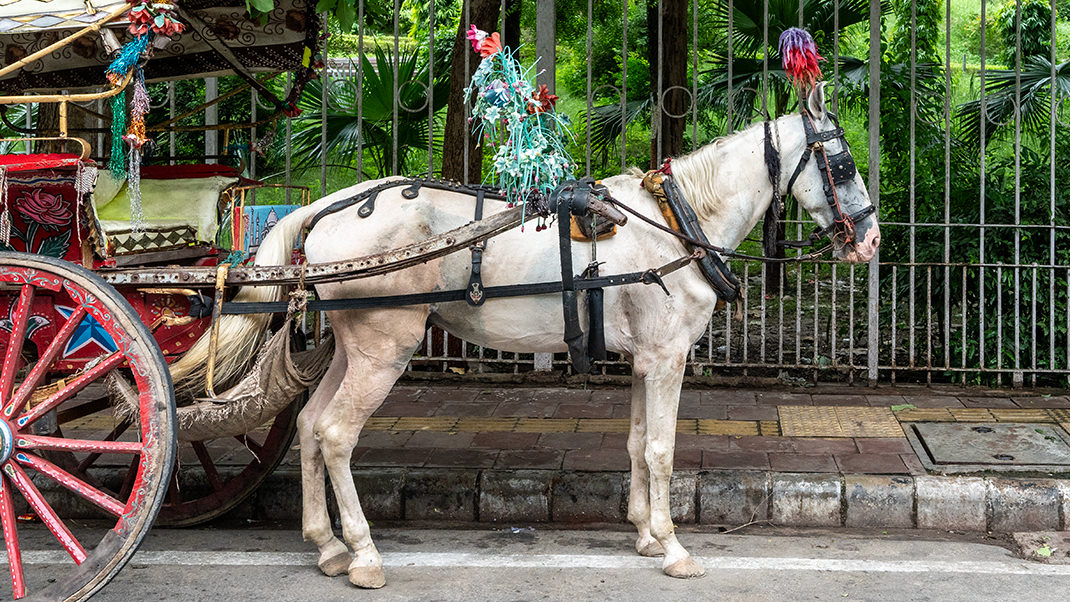
The next landmark of the city I want to show you is the Agra Fort.
Have a nice trip!


